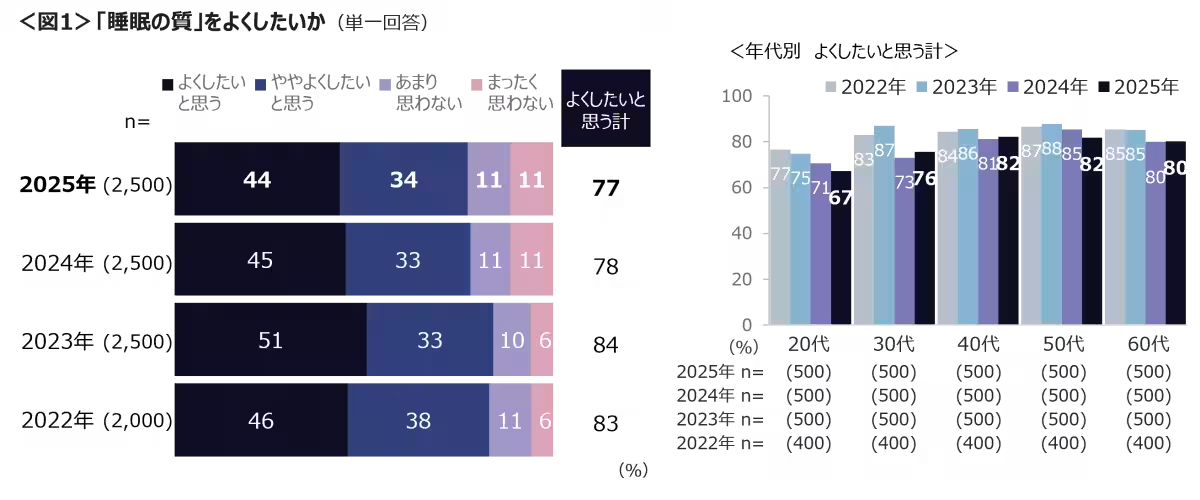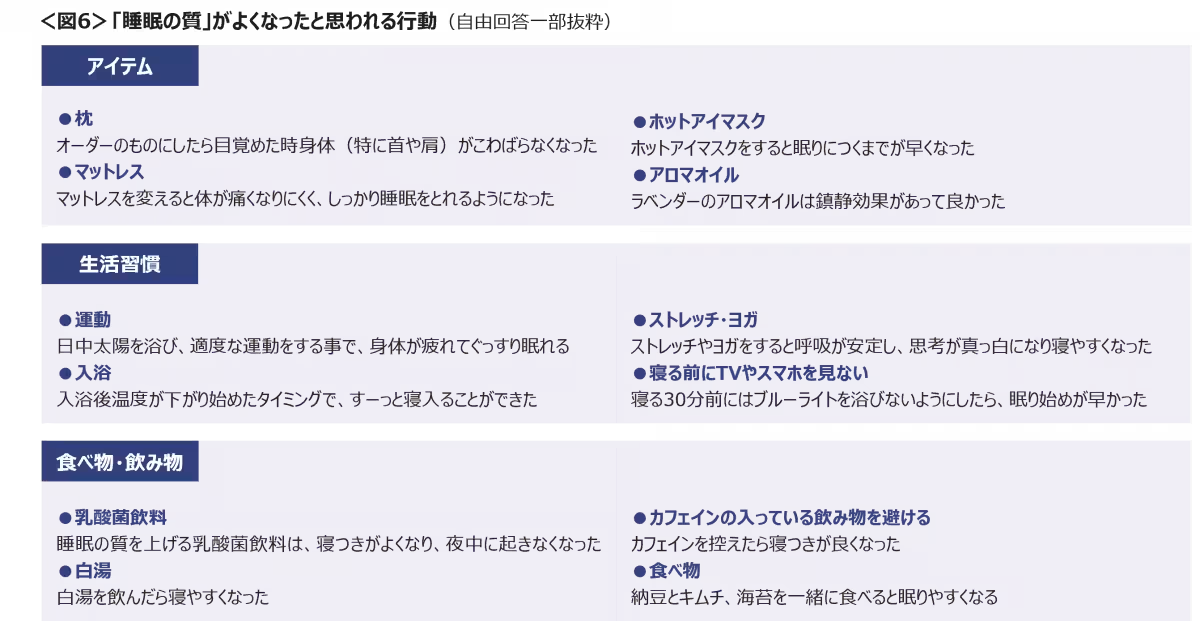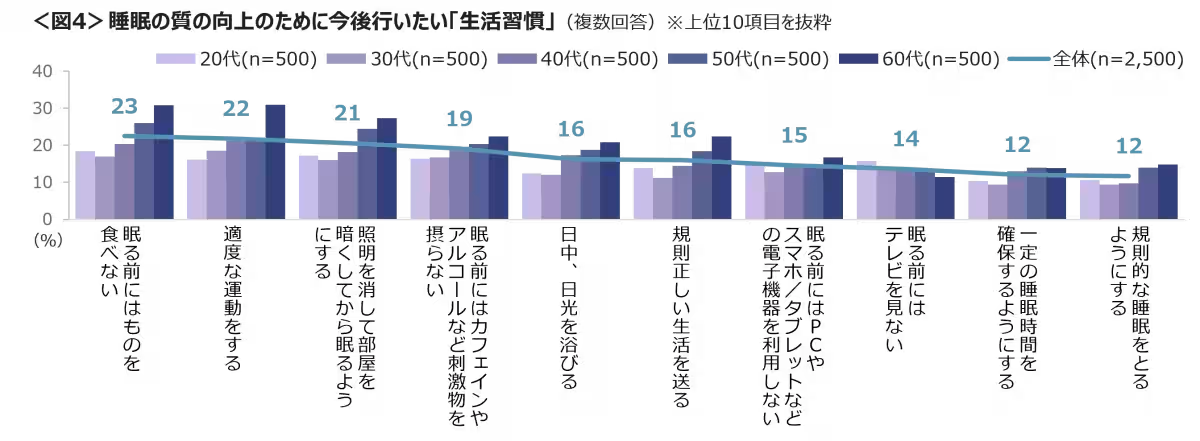

Understanding Sleep Quality Trends in Japan: Insights from a Nationwide Survey
Exploring the Quality of Sleep Among Japanese Adults
In an era where mental and physical well-being are paramount, the significance of a good night's sleep cannot be overstated. A recent survey conducted by Cross Marketing, based in Shinjuku, Tokyo, sheds light on the current trends regarding sleep quality among Japanese adults aged 20 to 69. Covering all 47 prefectures, this comprehensive study reveals the disparity between individuals' ideal and actual sleep experiences, which becomes increasingly relevant as discussions around wellness continue to gain traction.
Survey Overview
Conducted in late March 2025, the survey included 2,500 participants aiming to gather insights on their perceptions and behaviors regarding sleep quality. The key focus areas included the conditions that define quality sleep, the actions individuals are taking to improve their sleep, and the consumption habits related to sleep-enhancing items and foods.
Current Attitudes Towards Sleep Quality
The findings from this survey show that a significant majority, 77%, express a desire to enhance their sleep quality. However, what is intriguing is the decline in this desire among younger adults in their 20s. 44% of respondents strongly indicated they want to improve their sleep, while 34% stated they somewhat wish to do so, suggesting a persistent concern across age demographics, but particularly less so among the youth.
Key Factors Defining Good Sleep
The survey delves into what participants consider the essentials of good sleep. A notable 51% believe that achieving sufficient sleep duration is vital. In contrast, around 40% emphasize the importance of feeling light upon waking and having a positive mood in the morning. Unfortunately, there's a glaring gap of over 30 percentage points between these ideal conditions and the actual sleep quality reported by respondents, underscoring a significant disconnect in sleep experiences.
Strategies for Improving Sleep Quality
As the quest for better sleep continues, participants shared various actions they believe could enhance their sleep. Surprisingly, only 15% are actively using or changing to sleep-enhancing bedding and sleepwear, though this number is higher in the 40s to 60s age group. Other commonly mentioned practices include
- - Drinking sleep-promoting beverages,
- - Using moisturizing eye masks (8%),
- - Taking prescribed sleep medications (8%).
Furthermore, nearly 20% plan to adopt specific lifestyle changes such as avoiding food before bed, engaging in moderate exercise, and ensuring their rooms are darkened before sleep—all practices that can contribute greatly to better sleep hygiene.
Dietary Choices Linked to Sleep
Participants also discussed dietary habits that aid in improving sleep quality. Items such as water, caliente (warm water), and yogurt emerged as popular choices, with at least 10% of respondents including them in their diet in the hopes of fostering better sleep.
Behavioral Changes Noticed by Participants
When looking at the behaviors believed to enhance sleep quality, respondents noted that changing their pillows and mattresses has led to significant improvements. Many reported reduced stiffness after waking and fewer instances of body aches. Others highlighted the use of hot eye masks and essential oils, aiding them in achieving faster sleep onset. Notably, adopting regular physical activities, stretching, and timing sleep with body temperature changes post-bathing also contributed to easier sleep.
The refining of drinking habits, particularly the reduction of caffeine and incorporating sleep-enhancing yogurt drinks, was frequently noted as a contributing factor to achieving deeper sleep.
Conclusion
The insights drawn from this survey paint a detailed portrait of the current sleep landscape in Japan. While the desire for improved sleep quality remains high, actions taken to achieve these ideals appear to lag, particularly among younger generations. As individuals become increasingly aware of the importance of sleep, it will be essential for brands and health professionals to provide resources and guidance in their sleep improvement journeys. The evolving narrative of sleep quality signifies both a challenge and an opportunity for enhancing overall health and wellness across the country.
For those interested in downloading the full report or learning more about Cross Marketing's insights, visit Cross Marketing.







Topics Health)










【About Using Articles】
You can freely use the title and article content by linking to the page where the article is posted.
※ Images cannot be used.
【About Links】
Links are free to use.